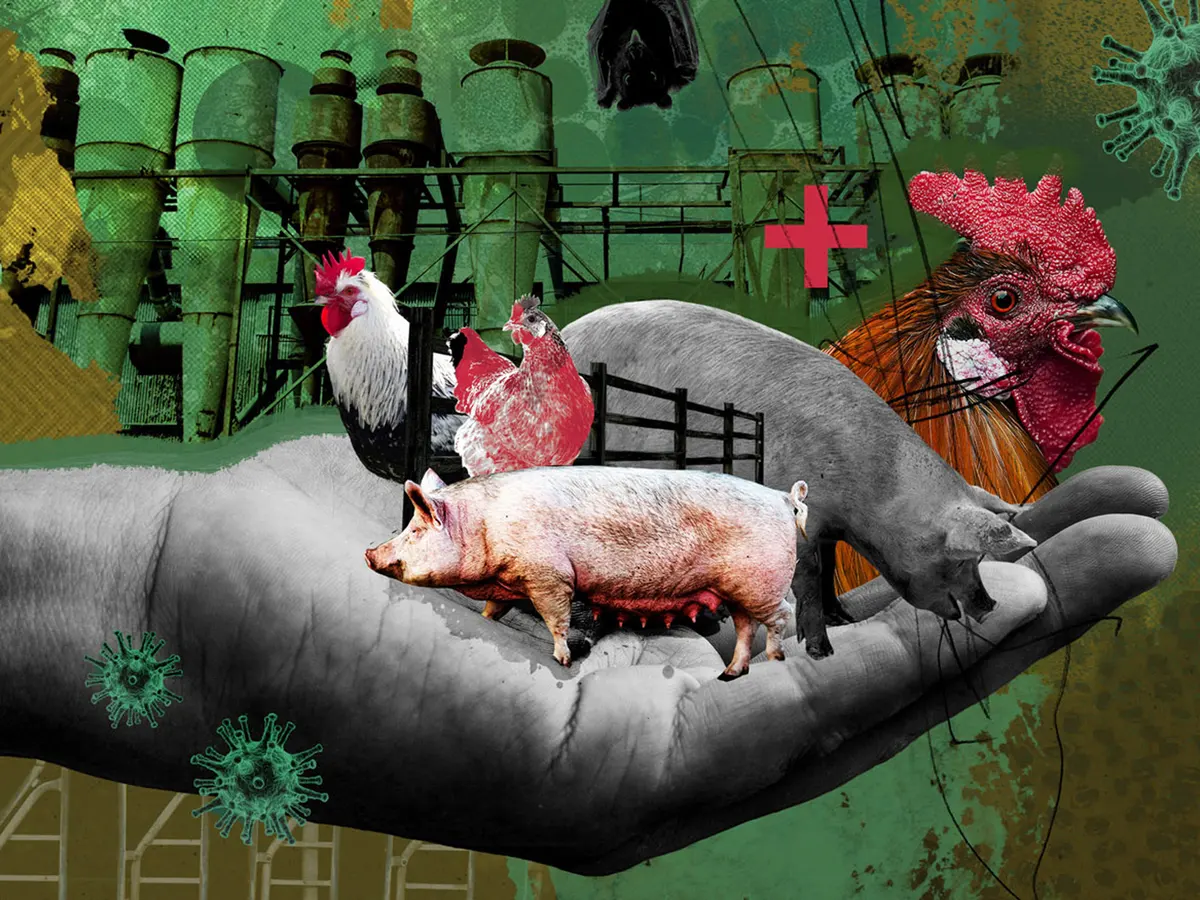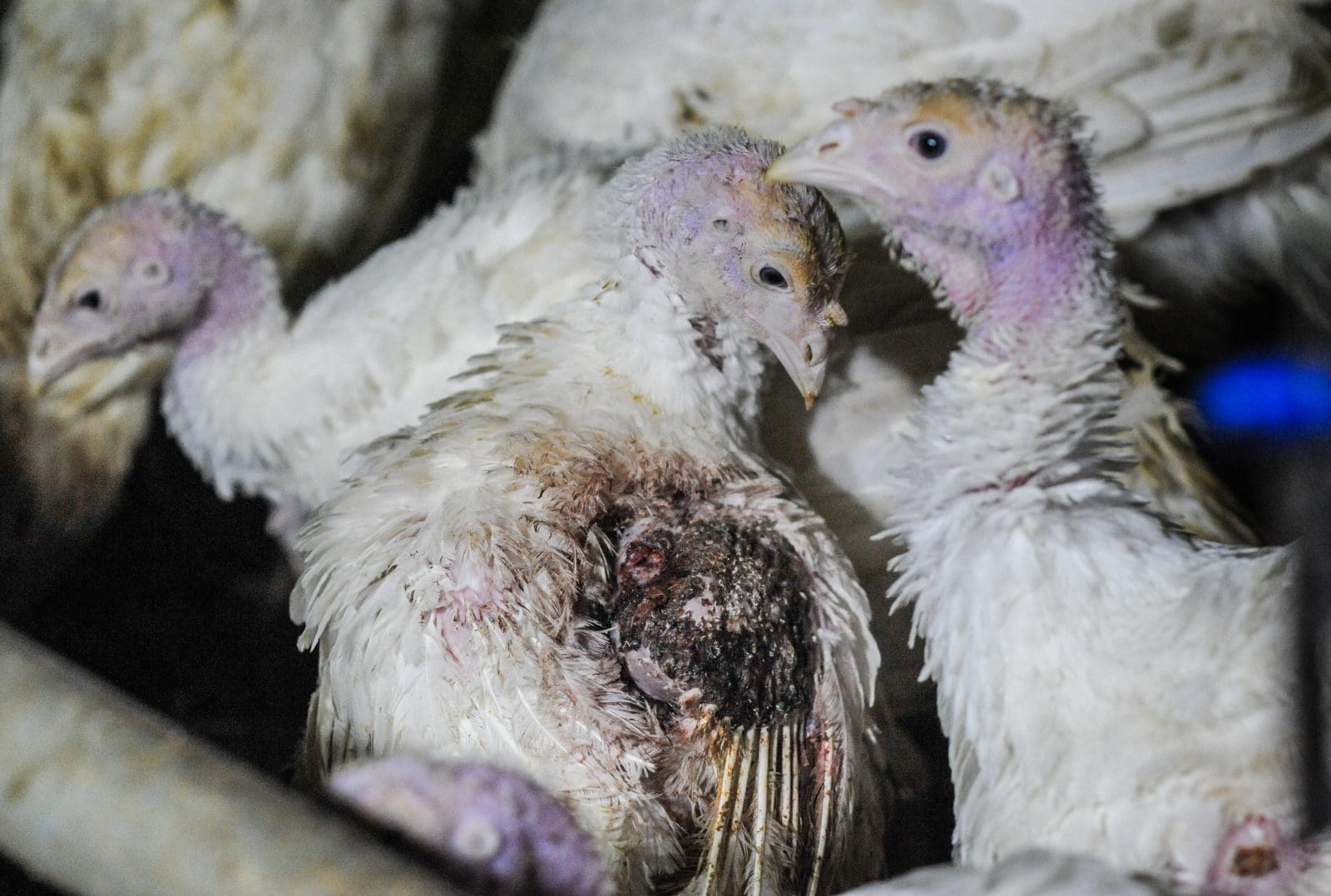The production, distribution, and consumption of food have profound implications for animal welfare, human health, and environmental sustainability. Industrial food systems often rely on intensive animal agriculture, contributing to the exploitation and suffering of billions of animals each year. From meat and dairy to eggs and processed foods, the sourcing and manufacturing practices behind what we eat can perpetuate cruelty, environmental degradation, and public health concerns.
Food choices also play a critical role in shaping global environmental outcomes. Diets heavy in animal products are linked to higher greenhouse gas emissions, deforestation, biodiversity loss, and excessive water and land use. Conversely, plant-based and sustainably sourced foods can reduce these impacts while promoting more ethical treatment of animals and healthier communities.
Understanding the connections between what we eat, how it is produced, and its broader social and environmental effects is essential for driving informed choices. By advocating for transparency, supporting humane and sustainable practices, and embracing conscious consumption, individuals can help transform the food system into one that prioritizes compassion, sustainability, and equity for both humans and animals.
Every steak dinner tells a deeper story—one intertwined with deforestation, water scarcity, and significant greenhouse gas emissions. While the allure of a juicy steak is undeniable, its environmental impact often remains hidden. This article reveals the unseen consequences of beef production, examining its carbon footprint, effects on biodiversity, and strain on global water resources. By considering sustainable farming methods and plant-based alternatives, you can enjoy delicious meals while supporting a healthier planet. Small changes in your food choices can lead to meaningful environmental progress—starting right at your plate

























































